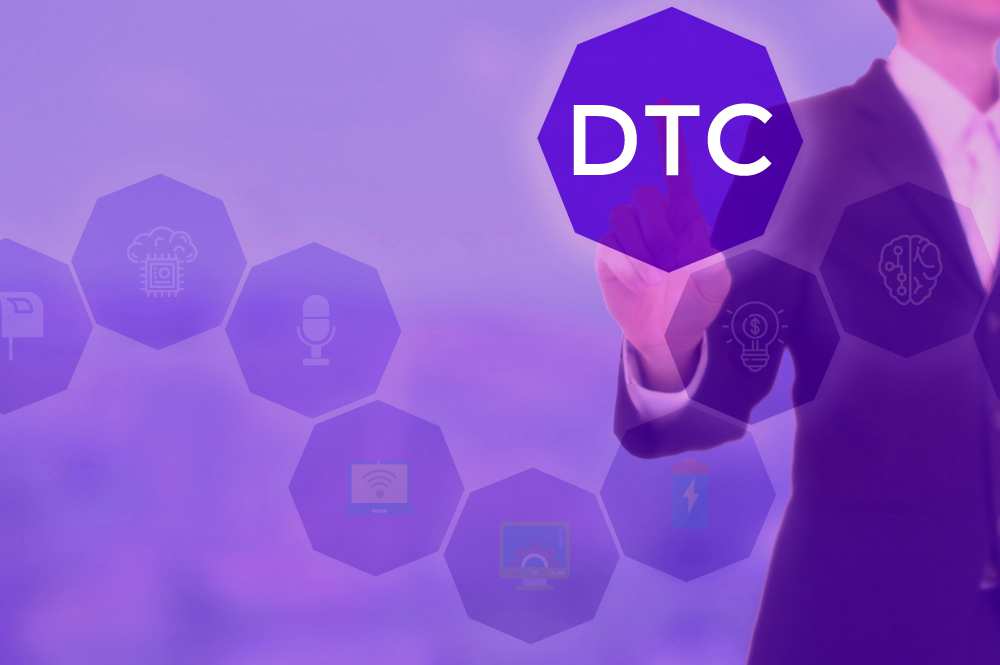Beginner's Guide to Defensive Domain Acquisition

With the release of new generic top level domains (gTLDs), many companies are worried that their reputation could be at stake if certain extensions end up in the wrong virtual hands.
The challenge, however, is that swooping up any extension that a company wouldn't want attached to their name, such as .sucks or .sex, can become both a time consuming and costly process. When making a decision on the best approach for your company, consider the tips outlined below in Website Magazine's beginner's guide to defensive domain acquisition:
1. Be committed.
While some big-name brands like Google and celebrities like Taylor Swift have made the decision to purchase certain gTLD extensions to protect their reputation, other companies, like Adobe, have decided on a different approach. For instance, Adobe told NPR that it will not buy domains like .sucks defensively to protect its brand, and even suggests that doing so feels like extortion.
While this is a bold stance on Adobe's part, companies that decide to follow suite should remain consistent. This means that deciding to purchase your company's (brand).porn extension as a defensive strategy not doing so with the same (brand).sex or (brand).adult extension is a waste of resources. To have an effective defensive strategy, companies should either go all in or opt not to purchase any domains defensively altogether.
2. Do research.
For companies that have decided to implement a defensive domain strategy, the next step is to conduct research to figure out which new gTLDs could have a negative impact on their reputation. As previously mentioned, it would be silly to purchase one defensive extension but then leave a similar one up for grabs. Fortunately ICANN provides a list of all new delegated extensions that companies can go over, as well as TLD startup sunrise information.
3. Mark your calendar.
Companies should waste no time purchasing defensive extensions that are already available. For extensions that are not yet available, however, companies should mark their calendar so they can make the purchase once the extension goes live or once it is available to be claimed during the sunrise period.
The sunrise period allows trademark owners to preregister domains. While doing so costs more than it would to purchase the extension once it hits general availability, it is worth it for companies committed to a defensive domain strategy. That said, if two trademark owners both have a legitimate claim to a specific domain, the domain may go to auction which increases the price even further.
4. Purchase and park (and don't forget to renew).
Once a company has purchased all of the defensive domains on their radar, in most cases, the next step is to park these domains so no one else can use them and tarnish the company's reputation. That said, it is important to keep note of any domain names purchases, even if they aren't being used, because companies will want to renew the domain every year to maintain their defensive strategy.











